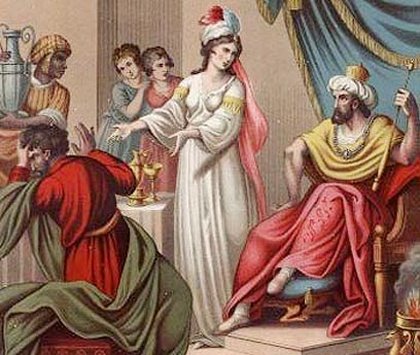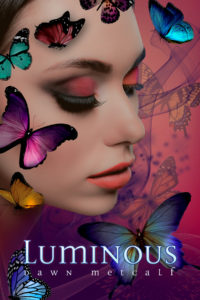A Strategic Withdrawl to VT
This weekend I attended the Vermont College Novel Writing Retreat, something I'd heard about from hostess, Sarah Aronsen, and literary pal, Angie Frazier. I'd been looking for some educational support to raise the bar for my next projects and to give myself a little creative R&R. I'll admit, the biggest draw was listening to the brilliant words of folks in the field; not just anyone, but Coe Booth, Alvina Ling and Holly Black.

Star-studded (albeit blurry) lineup: Coe Booth, Holly Black & Alvina Ling.
These three really know their craft and spoke on the importance of secondary characters that bring a story to life, how sound-boarding and saying things aloud can clarify a story that's stuck, and that the structure of a story is just as important as the content when crafting a tale that will stand out on the shelves. I started thinking of my stories in a new way, often realizing how I'd skimped or fallen into the lazy pit of "good enough." (I came to the realization that I'd have to write a really uncomfortable conversation I never considered as being essential but now was pointedly obvious. While everyone else thanked Coe for her generous lecture, I bapped her on the arm and groaned, "You made me think!"*)
Everyone agreed that the most important element is "voice," seconded only perhaps by good critique partners and not forgetting that we love to write. I was doubly-lucky to get a critique group that were not only talented, but had smart and savvy comments. My rule of when three people say something, it's usually right was underlined seven times in red pen. Thanks to Laya, Barb, Sherry & Ted, I'm back home abuzz with how to make things better. (Which always makes me think of this Girl Genius comic.)

Everyone's accounted for except for Sherry who is taking the picture since her camera takes clear pictures as opposed to mine.
Bottom line: if you can invest the time and money into bettering your craft, I'd think this is a helluva good way to do it! (And the nearby farmer's market with fresh goat cheese, fig-anise bread and boiled maple sap poured onto troughs of snow--creating taffy on a stick!--didn't hurt, either!)
Now...to business...!
* By the way, you know how I always champion pushing your own envelope and making yourself a little uncomfortable means that you're doing great things for your book? Well, I meant pushing specific personal envelopes. This latest revelation has me shaking in boots! I suspect the floor will be shiny clean and the dishes all done before I tackle this one. *eek!*
P.S. And this was the vid I had to share with everyone, including YOU:



